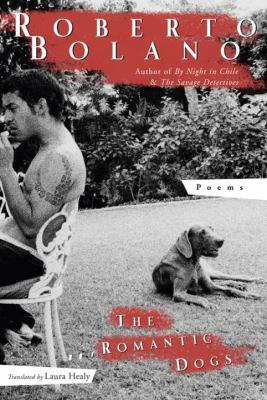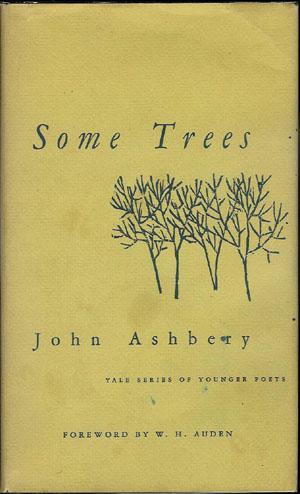TITLE: My Two Worlds
AUTHOR: Sergio Chejfec
READ: December
THOUGHTS: Damn this book....after reading Vila-Matas' incredible preface for this book I was practically bouncing off of the walls with excitement to read it. It really is, I think, incredible. An antecedent, or perhaps just contemporary I guess, for this kind of writing is definitely Sebald: the solitary walker's soliloquy, and the nebulous, amorphous text that follows -- also dense, beautiful (thought more plain stated here than in Sebald, which I actually really like) and also brimming with a million things that it simultaneously is and isn't; it is also about a 100 pages long. I will admit that the narrator's philosophical, emotional, and social concerns all seem to mirror my own quite closely, so maybe that plays a part for why I feel such an overwhelming kinship with this book and its author, but there is something about this kind of writing that is incredibly exciting to me -- probably one of the most exciting books I have read this year. One of the things I have found out about myself by keeping this blog (man this sentence can only be embarrassing or stupid or both) is that I have a tendency to be able to write at great length and with great ease about books that I either thought were ok or don't feel particularly attached to. With this book, as with the other books that I really loved this year (Vila-Matas, Bolano, uhh others (don't feel like looking at my list)) there is a very real trepidation in my attempts to try and articulate why I have admired them so much, as if any stray or thoughtless remark will either smudge the book's reputation (a reputation which I am seeking to exalt and represent) or either just make me look really stupid, in that my reasons for liking something will appear to be fraudulent, inauthentic, barely articulated, superficial, etc. The knowledge that my experience with this book has been both the experience of filling myself into an inanimate object as much as it has been an experience of reading someones voice creates some weird kind of familiarity and estrangement, a relationship I think is present in the book between the narrator and the world he encounters and perhaps suggests the same kind of problem and/or weirdness of reading the traces of someone elses' existence, like the thing you're holding in between your hands. I don't know. My head is jumbled. All of these thoughts are nonsense.






